Effects of Benzodiazepines
What to Expect from Benzo Side Effects
The effects of benzodiazepines include a high potential for misuse, abuse, and addiction. As such, physicians typically prescribe benzos only for short-term use.
These prescription drugs are typically used to treat anxiety disorders or panic disorders.
Benzos work by inhibiting excitement in the CNS (central nervous system) and in the brain. Taking benzodiazepines induces a sense of calm by intensifying the effects of a chemical that occurs naturally in the brain – GABA or gamma-aminobutyric acid.
What Do Benzodiazepines Do?
Benzodiazepines medication, also known as benzos, are some of the most commonly prescribed medications used to treat anxiety disorders, panic attacks, and insomnia.
These drugs are nervous system depressants and work by enhancing the effects of a neurotransmitter in the brain called gamma-aminobutyric acid (GABA), which helps to calm the brain and reduce feelings of anxiety.
Benzodiazepines are typically prescribed for short-term use due to their potential for dependence and addiction. However, in some cases, they may be prescribed for longer periods of time to manage chronic anxiety, panic disorder, or sleep disorders like insomnia.
In addition to anxiety and insomnia, benzodiazepines may also be used to treat muscle spasms, seizure disorders, and alcohol withdrawal symptoms. They are usually taken orally in pill form and can start working within minutes to hours after ingestion.
Some of the commonly prescribed benzodiazepines include:
Alprazolam (Xanax)
Clonazepam (Klonopin)
Diazepam (Valium)
Lorazepam (Ativan)
Temazepam (Restoril)
While benzodiazepines can be effective in managing anxiety and insomnia, they also have the potential for abuse and addiction. It is important for patients to take these medications as prescribed and avoid taking more than the recommended dose. Patients should also be aware of the potential side effects of these drugs and discuss any concerns with their healthcare provider. In some cases, other treatments such as therapy or non-benzodiazepine prescriptions may be more appropriate for managing severe anxiety or to treat insomnia.

What is the Intended Use of Benzos?
Benzodiazepines are prescribed to treat anxiety disorders, panic disorder, insomnia, seizure disorders, and other conditions. They are effective in managing symptoms in the short-term, but they are not intended for long-term use. When taken for an extended period, benzodiazepine misuse can lead to a number of dangerous physical and mental health effects, including the development of an addiction.
It is also worth noting that benzos can help treat alcohol withdrawal syndrome be helping to manage some of the common symptoms associated with alcohol withdrawal and early sobriety.
What Happens if You Take Benzos Every Day?
When taken as prescribed, benzodiazepines are safe and effective in treating anxiety and other conditions. That said, if taken every day for an extended period, benzodiazepine misuse can lead to physical dependence and addiction. Dependence occurs when the body becomes accustomed to the presence of the drug and requires it to function normally. Addiction is a more severe form of dependence, characterized by compulsive drug-seeking behavior despite negative consequences.
Button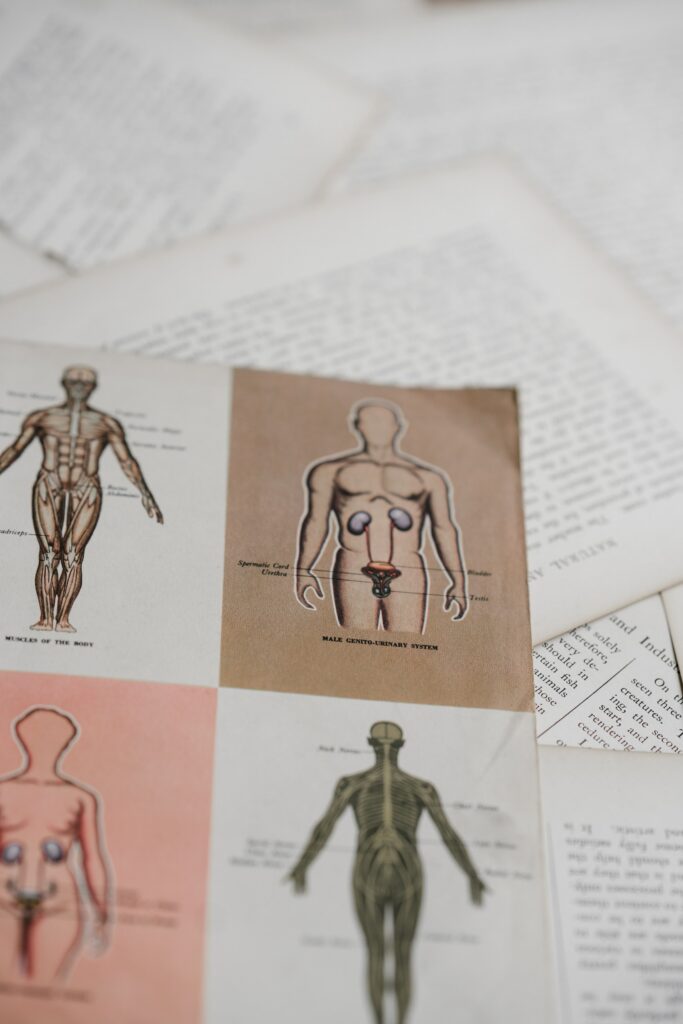
Physical Health Effects of Benzodiazepines
Physical health effects of benzodiazepines can vary depending on the duration and amount of use. In general, the physical effects of benzos can be divided into short-term and long-term effects.
Short-Term
Short-term use of benzodiazepines can lead to a range of physical health effects, including drowsiness, dizziness, confusion, blurred vision, reduced muscle control, and muscle weakness. These effects can impact a person’s ability to perform tasks that require attention, coordination, and motor skills, such as driving a car or operating heavy machinery. As a result, it is important for individuals who use benzodiazepines to avoid engaging in these activities until they know how the drug affects them.
In addition to these effects, short-term use of benzodiazepines can also lead to respiratory depression, particularly in individuals who have pre-existing respiratory conditions such as COPD (chronic obstructive pulmonary disease) or sleep apnea. This problem can lead to reduced oxygen levels in the body, which can cause serious health complications and even death.
Short-term use of benzodiazepines can also impact a person’s memory and cognitive function, leading to difficulty concentrating and impaired decision-making skills. These effects can be particularly problematic for individuals who are required to perform tasks that require high levels of cognitive functioning, such as students or professionals.

Fight Back Against Benzo Addiction
Get evidence-based treatment to overcome benzodiazepine addiction at Renaissance Recovery. Call our team now to learn more about the process.
Long-Term
Long-term use of benzodiazepines can have a range of significant physical health effects that can impact an individual’s overall well-being. One of the most significant risks associated with long-term benzodiazepine use is the development of dependence and addiction. Dependence can develop over time as the body becomes accustomed to the presence of the drug and requires increasing amounts to achieve the same effect. Benzodiazepine use disorder can also develop as a result of the drug’s effects on the brain’s reward system, which can lead to compulsive drug-seeking behaviors and difficulty controlling drug use.
Dependence and addiction to benzodiazepines can have a range of physical health effects, including increased risk of falls and fractures. This is because benzodiazepines can cause drowsiness, dizziness, and confusion, which can make it difficult for individuals to maintain their balance and coordination. Falls and fractures can lead to serious injuries, particularly in older individuals, and can impact an individual’s mobility and quality of life.
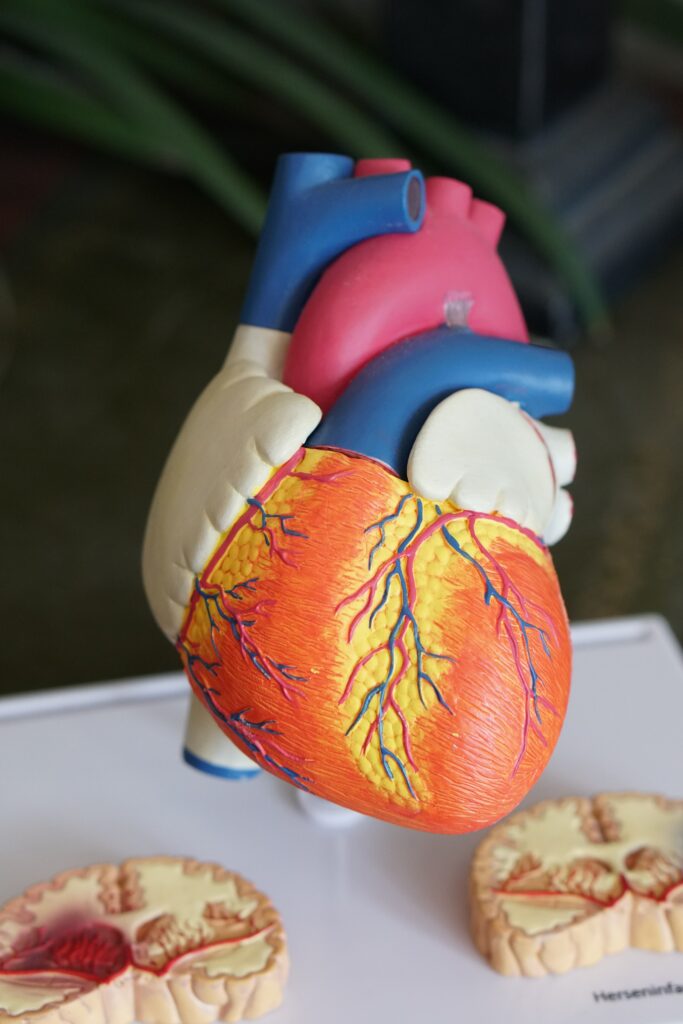
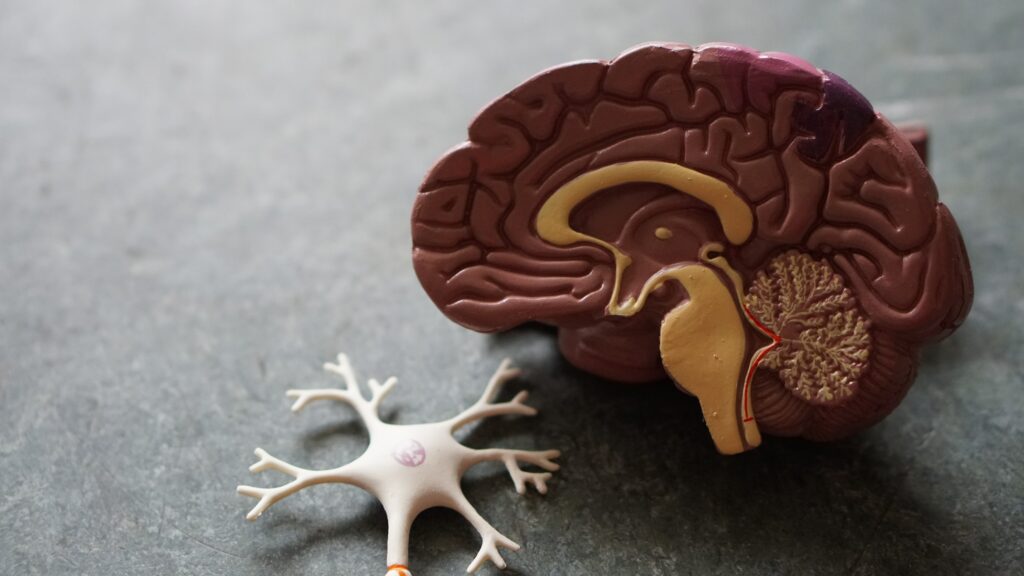
Mental Health Effects of Benzodiazepines
Benzodiazepine misuse or using benzos long-term is also associated with a battery of adverse mental health effects.
Short-Term
The short-term mental health side effects of benzos include:
Drowsiness
Fatigue
Difficulty concentrating
Confusion
Memory problems
Slurred speech
Depression
These symptoms usually go away after a few days of treatment. However, if you experience severe or long-lasting symptoms, you should contact your healthcare provider.
Long-Term
Long-term use of benzodiazepines can also have significant effects on a person’s mental health. In particular, chronic use of benzodiazepines can lead to cognitive impairments, memory problems, and increased risk of dementia.
One study found that individuals who used benzodiazepines for three months or longer had a 51% increased risk of developing Alzheimer’s disease compared to individuals who did not use these drugs. Other studies have also found a link between long-term benzodiazepine use and an increased risk of developing dementia, particularly in older adults.
In addition to cognitive decline, impairments, and increased dementia risk, chronic benzodiazepine affect the brain in other ways and can also lead to a range of psychiatric symptoms, including depression, anxiety, and personality changes. These symptoms may develop as a result of the drug’s effects on the brain, or as a result of the individual’s underlying condition.
Chronic benzodiazepine use has also been associated with an increased risk of suicide. One study found that individuals who used benzodiazepines for six months or longer had a 50% higher risk of suicide than individuals who did not use these drugs.
Moreover, individuals who stop using benzodiazepines after long-term use may experience withdrawal symptoms, which can also impact their mental health. Withdrawal symptoms can include anxiety, depression, irritability, and insomnia, and may last for several weeks or months after the drug has been discontinued.
The mental health effects of long-term benzodiazepine use are complex and can vary depending on the individual and their underlying condition. For this reason, it is crucial for patients to work closely with their healthcare provider to develop a safe and effective treatment plan that addresses both their physical and mental health needs.
In some cases, non-benzodiazepine medications, such as antidepressants or antipsychotics, may be more appropriate for managing anxiety, depression, or other psychiatric symptoms. Additionally, therapy and other non-pharmacological treatments may be recommended to address underlying mental health conditions and reduce the need for benzodiazepines.
What is the Most Serious Adverse Effect of Benzodiazepines?
The most serious adverse effect of benzodiazepines is respiratory depression. This problem occurs when the breathing rate slows down or stops, leading to a lack of oxygen in the body. This can be life-threatening and requires immediate medical attention. Patients at higher risk of respiratory depression include those with underlying respiratory conditions, those taking other medications that depress the respiratory system, and those who abuse benzodiazepines.
Can You Overdose on Benzos?
Yes, it is possible to overdose on benzodiazepines, especially if they are taken in large amounts or in combination with other substances, such as alcohol or opioids. Overdose can occur even if an individual has been taking benzodiazepines as prescribed, as the effects of the drug can vary depending on factors such as an individual’s metabolism, tolerance, and overall health.
The symptoms of a benzodiazepine overdose can vary depending on the amount of the drug taken and the individual’s tolerance to the drug. Common symptoms of an overdose can include confusion, dizziness, impaired coordination, slurred speech, and difficulty breathing. In severe cases, an overdose can lead to coma, seizures, or death.
If you suspect that you or someone else has overdosed on benzodiazepines, it is important to seek immediate medical attention. Call 911 or go to the nearest emergency room as soon as possible. Treatment for benzodiazepine overdose typically involves supportive care, such as monitoring vital signs and providing oxygen and intravenous fluids as needed. In some cases, medication may be given to help reverse the effects of the overdose.
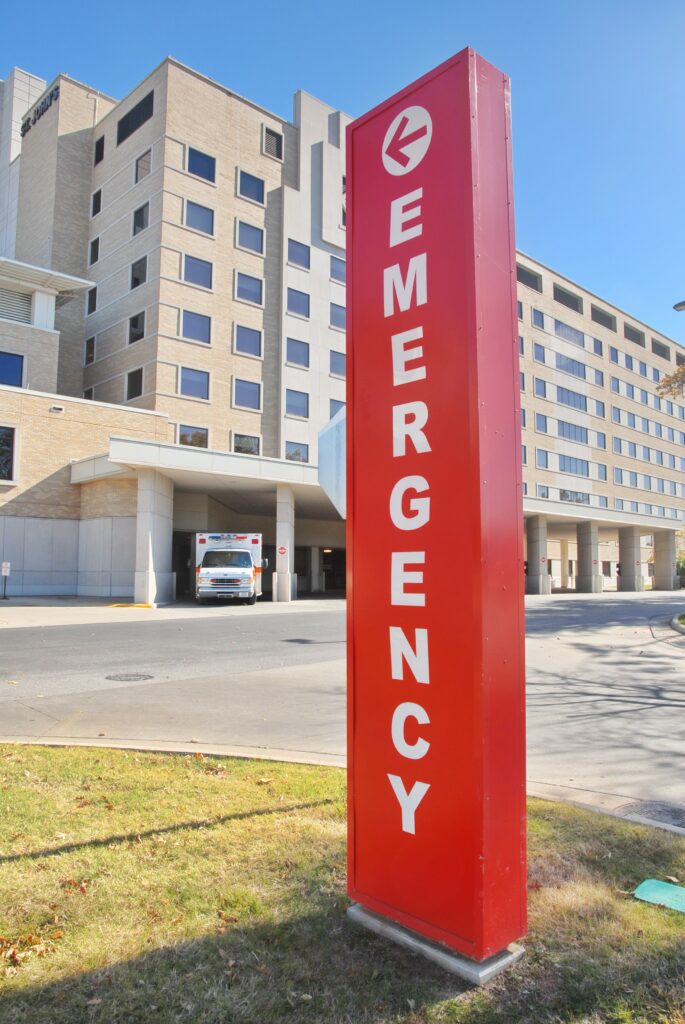
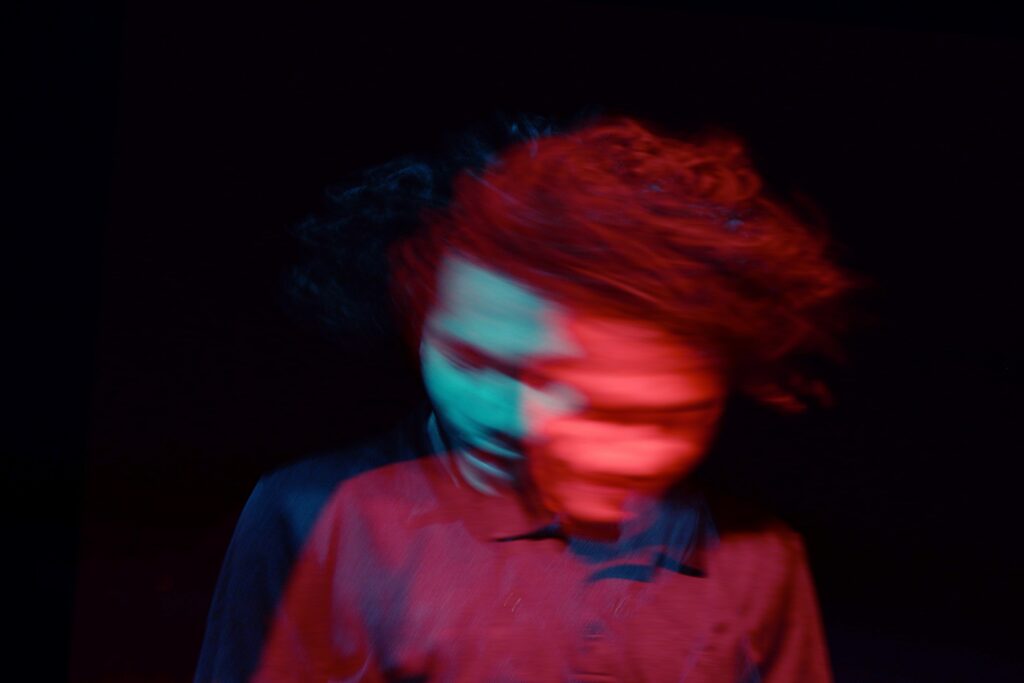
Preventing benzodiazepine overdose starts with using the drug as prescribed and being aware of the potential risks associated with the drug. It is important to never take more than the prescribed dose of benzodiazepines or to take them more frequently than recommended. If you have concerns about your use of benzodiazepines or are experiencing any adverse effects from the drug, talk to your healthcare provider about your options.
In addition to following your healthcare provider’s instructions, there are other steps you can take to reduce your risk of benzodiazepine overdose. Avoid drinking alcohol or using other drugs that can interact with benzodiazepines and be aware of any potential drug interactions that could increase the risk of overdose. It is also important to store your medication in a safe and secure place and to dispose of any unused medication properly.
So, while benzodiazepines can be an effective treatment for a range of conditions, including anxiety and insomnia, they can also be dangerous if not used as prescribed or in combination with other substances and illicit drugs. If you or someone you know is experiencing symptoms of a benzodiazepine overdose, seek immediate medical attention, and take steps to prevent overdose by following your healthcare provider’s instructions and being aware of the potential risks associated with the drug.
What Happens During Benzo Overdose?
During a benzo overdose, the central nervous system can become severely depressed, leading to potentially life-threatening symptoms. The severity of symptoms depends on the amount of the drug ingested and individual factors such as age, weight, and overall health.
Common symptoms of a benzo overdose include extreme drowsiness, confusion, slurred speech, blurred vision, weakness, and difficulty breathing. In severe cases, an overdose can lead to loss of consciousness, coma, and even death.
Treatment for Benzo Overdose
If you suspect a benzo overdose, it is crucial to seek medical attention immediately. Call 911 or your local emergency services right away or take the person to the nearest emergency department.
Treatment for a benzo overdose typically involves supportive care, such as monitoring vital signs and providing oxygen therapy. In severe cases, healthcare providers may administer medications to counteract the effects of the benzo, such as flumazenil, a medication that can reverse the sedative effects of benzodiazepines.
Once stabilized, patients may require further medical monitoring and treatment for any ongoing symptoms or complications. It is also important for patients who have experienced a benzo overdose to seek follow-up care and support for addiction or dependence on benzodiazepines.
Get Help for Benzo Abuse and Addiction
At Renaissance Recovery Center, we specialize in providing comprehensive outpatient substance abuse treatment programs to address a wide range of addictions and mental health conditions. We also offer integrated dual diagnosis treatment for those struggling with addiction and co-occurring mental health disorders, such as anxiety or depression.
We offer flexible treatment options, so you can choose the level of support and structure that best suits your needs. Our outpatient treatment programs include PHPs (partial hospitalization programs), IOPs (intensive outpatient programs), and dual diagnosis treatment programs.
At Renaissance, we use a holistic and evidence-based approach to addiction treatment, which includes personalized care based on your specific needs. Our treatment interventions include MAT (medication-assisted treatment), group counseling, individual counseling, psychotherapy (CBT or DBT), family therapy, experiential adventure therapy, and holistic therapies.
Once you complete your treatment program, we offer step-down care options and sober living arrangements in Southern California. We also provide aftercare planning, which includes coping techniques and relapse prevention strategies to support you on your journey to long-term recovery.
At Renaissance, we are committed to helping you overcome addiction and lead a healthy, fulfilling life. Take the first step towards your recovery by calling our team of healthcare professionals at 866.330.9449.

